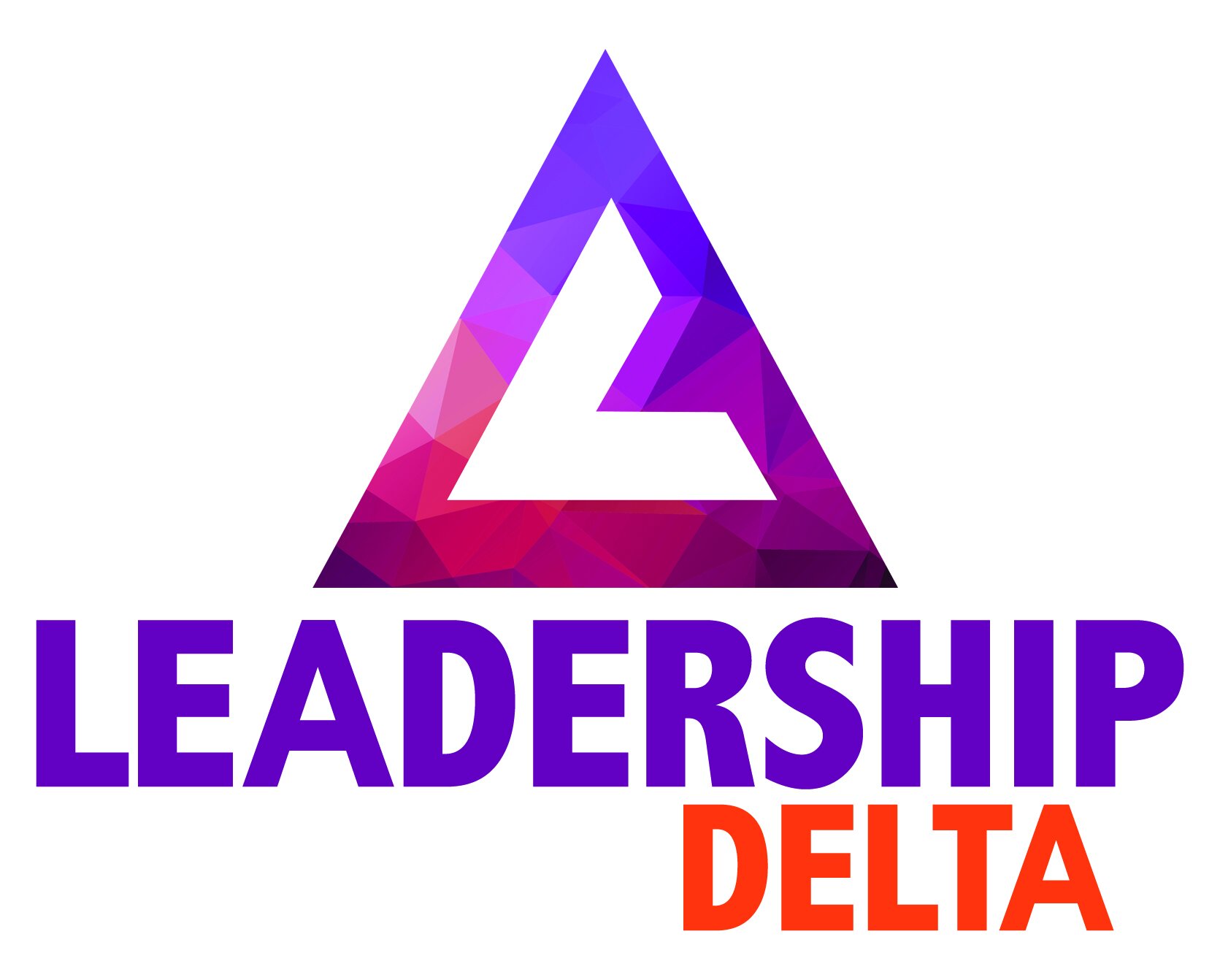Know thyself
Strap in. Leading a team is about to get really personal.
Just as a knife can dull over time from repeated use, without the proper care and maintenance, your skills as a leader can also wear over time. Leadership is hard, daunting, sometimes thankless work. It’s filled with long days made up of long hours.
Yet when done well, it can be some of the most fulfilling work of your life.
A reservoir of growth
Leadership is about guiding, influencing and molding others to develop skills, abilities, and mindsets within the scope of a shared vision.
But you can’t pull water from an empty well.
The mark of a gifted leader is his or her keen ability to pull from a deep reservoir of graceful introspection and personal development. Simply put, what separates good leaders from the truly great is their tireless pursuit of self-mastery. Although we don’t believe we ever achieve full mastery by definition of the word because we are forever learning and growing, we use this term to showcase the importance of focus on managing oneself.
While improving your team may be your initial goal, doing the essential work of improving yourself will pay dividends in both your professional and personal life.
In pursuit of self-mastery
Ironically, a distorted view of leadership is someone who has control over others. In reality, the exact opposite is true. Leadership is having control over yourself.
An excellent leader is one who has embraced the grueling work of self-mastery. Self-mastery is the ability to control your emotions, behavior, weaknesses, and ego. It’s full authority over yourself.
By achieving this level of self-mastery in leadership, you have the ability to prioritize your team and your organization first. Self-mastery allows you to set emotions aside and think clearly and logically to solve problems, make decisions, and guide those who work with you.
If this all feels like Greek to you, that’s as good a place as any to start.
Know Thyself
The temple of Apollo in ancient Greece was the site of the sacred oracle many would visit in hopes of learning his or her destiny. Inscribed above the entrance to the temple were two words that have spoken to millions: Know Thyself.
At its core, the message is clear: Know your limits. Understand the extent of your abilities, your place in the world – or more importantly to the Greeks, your status as mere mortal.
A humbling thought for the Greeks, and for all prospective leaders. To lead other humans, one must first embrace their own humanity.
Graceful introspection
On your journey to self-mastery, you must first develop a healthy ability for introspection. Introspection is curiosity. It’s approaching your efforts with a curious mind rather than with arrogance or self-deprecation. Introspection is the ability to be impartial and objective with yourself as you seek to improve.
If you struggle with introspection, try asking yourself the following questions as the situation permits:
What strengths do I contribute to my company? What evidence is there that this is true?
What weaknesses do I consistently struggle with?
Why do I react this way?
What could I have done better? What evidence supports this?
How does my personality impact the people I work with?
Self-awareness
Introspection leads to a mindset of self-awareness and growth. When you are self-aware, you are actively concerned and attentive to how your skills, weaknesses, values, biases, motivations and personality traits influence your leadership style and interpersonal communication.
When necessary, self-aware leaders can correct the course. This important skill fosters growth, accountability, ownership, and humility– all essential traits of masterful leaders.
Commitment to personal development
Personal development paves the path to self-mastery. Leadership is a journey that demands continuous learning and growth. When you invest in yourself as a leader, you are investing in everyone around you. After identifying weaker points in your leadership, do the work to improve.
Read books that challenge and broaden your purview
Take courses to sharpen your skillset
Find a mentor who has similar values
Talk less, listen more
Emotional intelligence
Emotional intelligence is one of the most underrated qualities of great leaders, and is essential to achieving self-mastery. Emotional intelligence is the ability to understand your own emotions and the emotions of people around you. It requires empathy, self-regulation, social awareness, and skilled interpersonal communication.
To develop greater emotional intelligence, practice active listening and seek to connect with people on a deeper level. Emotional intelligence fosters trust, collaboration, and positive relationships, which are vital for successful leadership.
While the road to self-mastery may seem daunting, there are dozens of resources to illuminate your path, including our Delta Academy Personal Leadership Forum. Visit our website to learn more about the 3C’s of development that Delta Academy can bring to your organization.

